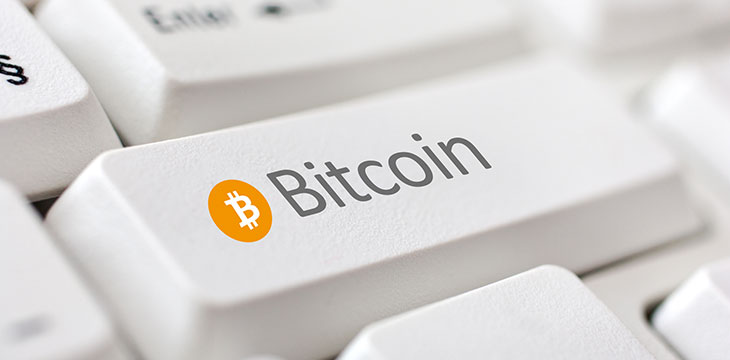|
Getting your Trinity Audio player ready...
|
Brazil is seeking to follow in the steps of El Salvador and legalize payments through BTC, a new bill in the country’s Congress has revealed. The legislature will discuss the bill in the coming days and if passed, it will allow Brazilians to pay for goods and services via the digital currency.
El Salvador remains the only country in the world that has legalized the use of a digital currency for payments, with its Bitcoin Law now having been in effect for a month. In that time, it has seen the official BTC wallet crash and lose the funds of some users. A survey by a local organization has also found that over 90% of businesses haven’t accepted BTC for payment yet, and are not looking to any time in the future.
Brazil wants to join El Salvador in legalizing BTC payments. Bill 2303/15, introduced by federal deputy Auro Ribeiro in the House of Representatives was approved recently and is now headed to the Plenary of Chambers for further discussions.
Earlier this month, Ribeiro stated that if the bill sails through, it would open up new uses for digital currencies, including as a payment option for “big-ticket items such as houses and cars, to food in restaurants like McDonald’s.”
Despite the links to the use of BTC for payment, the bill doesn’t explicitly declare BTC as legal tender, as El Salvador did with its Bitcoin Law, and as Panama is seeking to in its new bill.
Bill 2303/15 goes beyond legalizing BTC payments and seeks to regulate other facets of the digital currency industry, including exchanges. The bill will “force virtual asset service providers to follow rules of communication of financial transactions, with identification of customers and recordkeeping,” a Portuguese-language text on the Brazilian Congressional website states.
As CoinGeek reported, Brazil is also seeking to raise the penalties for digital currency offenders, with a special target for money launderers. The country wants to raise the penalty for offenders to a maximum of 16 years and eight months, up from 10 years. It’s also seeking to double the monetary penalty to two-thirds of the laundered money.
Watch: CoinGeek Zurich panel, Consumer Payments, Incentives & Reward with Bitcoin

 02-19-2026
02-19-2026 




